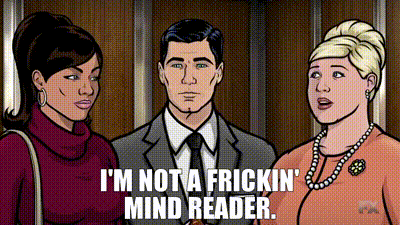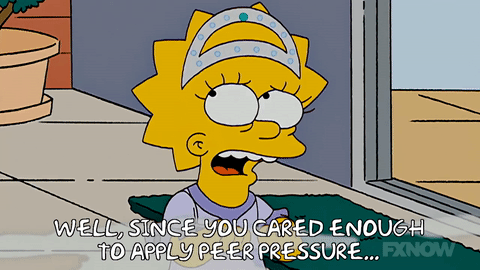It’s Labor Day today, so I thought I would share a bit of “work wisdom” from a veteran. Even though I’ve been working on games for almost twenty years now (with time off for good behavior), whenever I start a new job I still feel the desire to prove myself to my new team and new boss. This is normal - I want to show my new employer that they did not make a mistake in hiring me. I want to show that I am a contributing member of the team. There are a variety of ways to do this. However, one hard-earned bit of experience is to resist the brilliant idea of working extra hours (that is, doing a self-imposed crunch) at the start. As a hiring manager myself, I implore you not to do it.

The key word here is “extra” - if you feel comfortable keeping a specific pace all the time, then you can disregard. But if you’re pushing yourself and thinking “after I prove myself to the team, I can scale back to a sustainable pace”, you’re doing both yourself and your team a disservice. If you do this, you’re setting yourself up for failure.

The biggest problem here is that no one, least of all your boss or team, is psychic. We cannot know your thoughts or your reasoning. All we can do is observe from the outside. What we’re going to observe in this situation is that you set a baseline productivity out of the gate and then your productivity has fallen. From my perspective as manager, maybe you’re losing engagement or you’re having troubles or something. It likely will not occur to me that it is because you set unrealistic expectations from the start by burning the candle at both ends, and that you are scaling back to a more realistic schedule.

This also puts additional pressure on your teammates. If you’re working extra hours, you also exert social pressure on your teammates to also match your pace. Most of the veterans will resist because we know better, but other new hires and less experienced teammates can easily get pulled along for the ride. It can easily turn into an unhealthy race to the bottom as you try to one-up each other while boasting about “passion” and how much you love game dev.

This, of course, generally results in burnout and exhaustion. This is one contributing reason why so many bright-eyed and bushy-tailed newbies leave the industry within a five year span. We’ve already got an industry-wide problem with overwork and crunch as imposed by our leadership and that’s got its own set of issues to work through. There is no reason we should also add more fuel to the fire ourselves in order to try to prove our worth.
[Join us on Discord] and/or [Support us on Patreon]
Got a burning question you want answered?
- Short questions: Ask a Game Dev on Twitter
- Long questions: Ask a Game Dev on Tumblr
- Frequent Questions: The FAQ